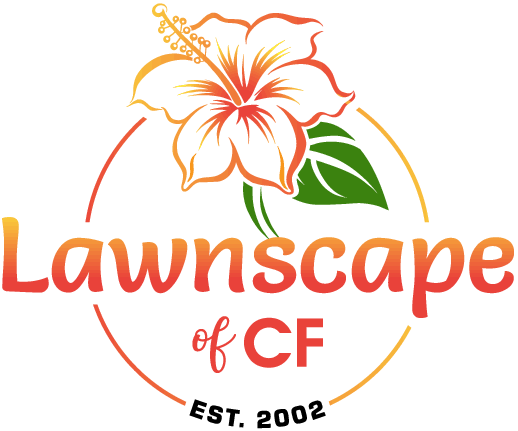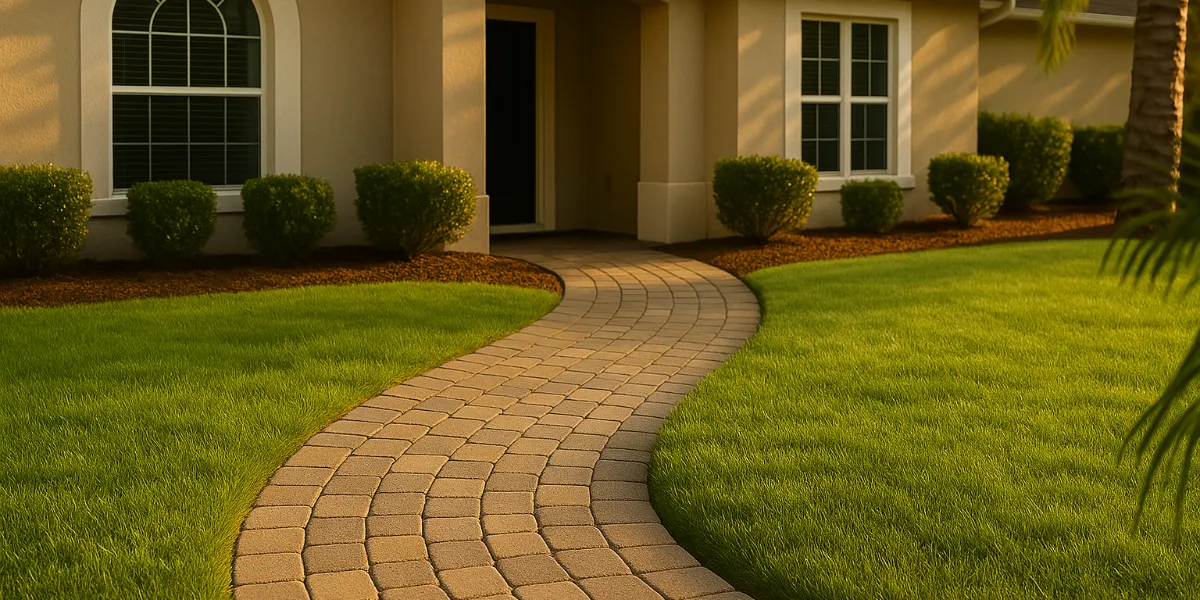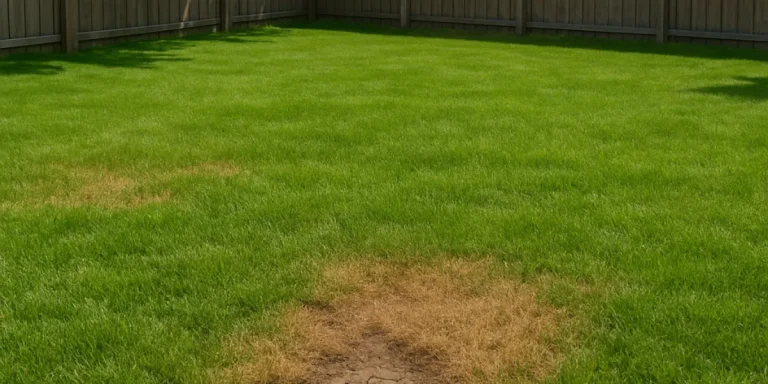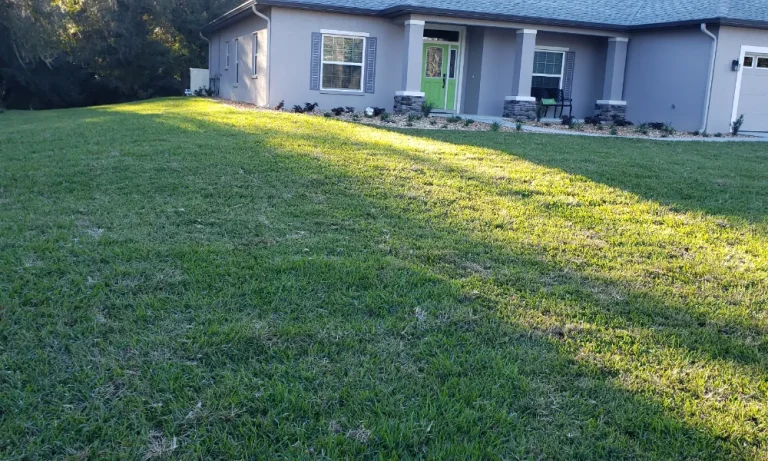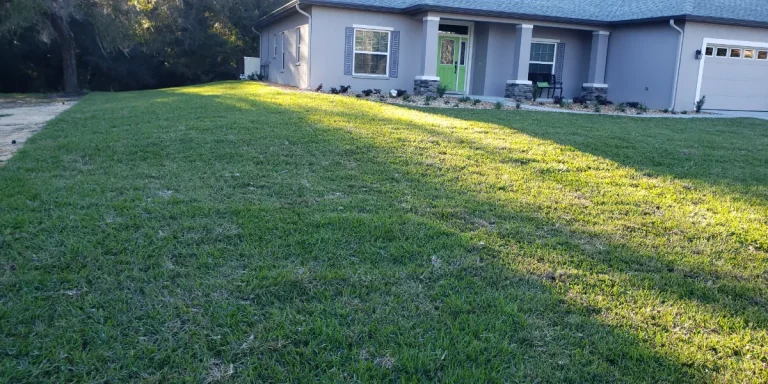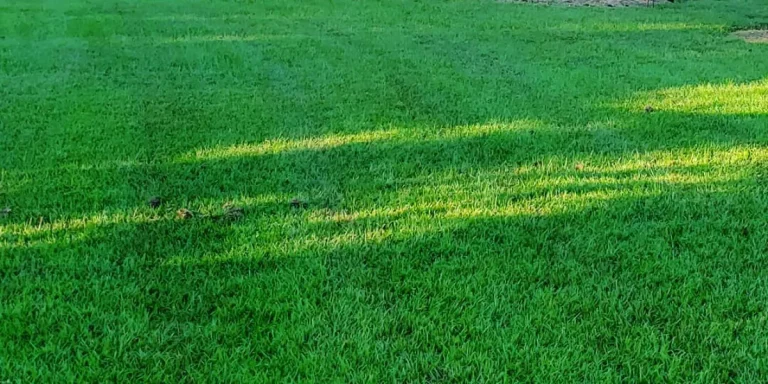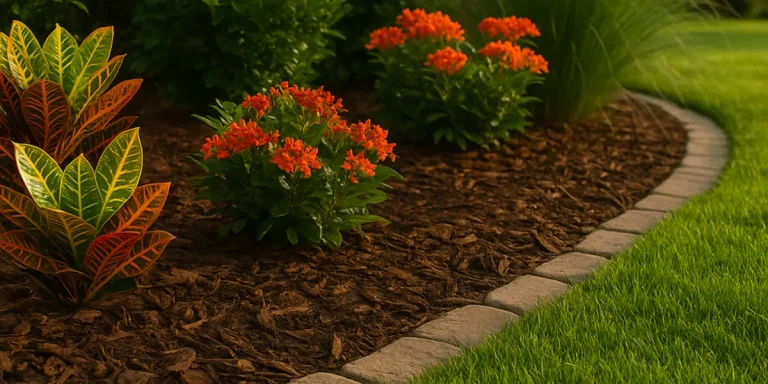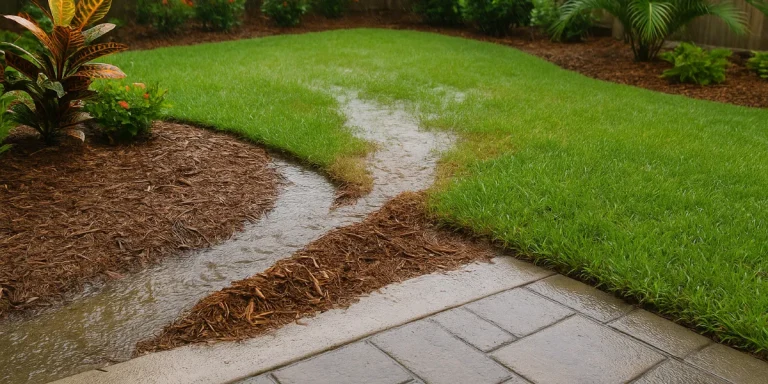The Best Mulch for Pest Control Around Your Home
Mulch is one of the most effective tools in landscape design—it helps retain moisture, suppress weeds, and improve soil health. But did you know it also plays a critical role in controlling pests around your home?
At Lawnscape of Central Florida, we regularly help Gainesville homeowners select and install mulch that not only looks great but also reduces unwanted bugs and rodents in flower beds, garden borders, and around the foundation of the home. In this post, we’ll explore which mulch types help with pest control, which to avoid, and how professional installation can make all the difference.
Why mulch affects pest activity
When most homeowners think of mulch, they think about weed control and curb appeal. But mulch can also have a significant impact on the pest activity around your home—either positive or negative. Understanding how mulch contributes to pest problems is essential for keeping insects, rodents, and moisture-related issues under control.
At Lawnscape of Central Florida, we’ve seen firsthand how the right mulch—installed the right way—can create a natural barrier to common lawn and garden pests. Unfortunately, we’ve also seen how poorly chosen or improperly placed mulch can invite termites, roaches, ants, and even rodents closer to your home.
Common pests attracted to mulch
The most frequent mulch-inviting pests in the Gainesville area include:
-
- Termites – Drawn to moist, decaying wood and mulch piled too close to the home
- Carpenter ants – Nest in wood mulch, especially when it's aged or improperly maintained
- Roaches – Thrive in damp, shaded environments created by overly thick mulch layers
- Rodents – Use dense mulch for nesting and hiding near foundations and garden beds
While not all mulch causes problems, the combination of moisture, organic matter, and proximity to your home can quickly lead to an infestation if you're not careful.
Key factors that influence pest problems
Several important factors determine whether mulch will deter pests—or attract them.
Moisture retention
-
- Organic mulch naturally holds moisture, which is good for plant roots but also appealing to insects.
- Excess moisture encourages insect activity, mold growth, and fungal issues.
- Mulch that is too thick (over 3 inches) can stay damp for too long, creating ideal conditions for bugs.
Best practice: Use no more than 2–3 inches of mulch in any area, and allow it to dry out between waterings or rain events.
Material composition
-
- Some mulches, especially fresh wood chips or low-quality shredded bark, contain sugars and resins that attract insects like termites and ants.
- Others, like cedar or cypress mulch, contain natural oils and compounds that actively repel pests.
Best practice: Select mulches known for pest resistance and avoid raw or uncomposted wood near your home’s structure.
Placement and proximity to structures
-
- Mulch that touches your siding, foundation, or deck provides a bridge for pests to move from your landscape into your home.
- Deep mulch beds next to exterior walls can hide termite tunnels and rodent pathways from view.
Best practice: Maintain at least a 6-inch buffer between mulch and your home's foundation. Never pile mulch directly against walls, siding, or wood features.
Why professional mulch installation matters
Many pest problems related to mulch can be avoided with proper installation. At Lawnscape of Central Florida, we ensure every mulch installation project follows best practices:
-
- Mulch is evenly spread for clean, consistent coverage
- We install the correct depth based on mulch type and location
- A safe perimeter is left around structures to reduce pest risks
- When needed, we combine mulch with rock installation or landscape edging to discourage nesting
By working with an experienced contractor who understands both landscape aesthetics and pest behavior, you can get the full benefits of mulch without inviting unwanted guests into your yard—or your home.
Best mulch types for pest control
If keeping bugs and rodents away from your home is one of your landscaping priorities, the mulch you choose matters more than you might think. At Lawnscape of Central Florida, we help homeowners in Gainesville and surrounding areas select mulch materials that not only enhance their landscape but also create a less hospitable environment for pests.
Below are the top mulch types we recommend for pest prevention—each with specific strengths, applications, and maintenance considerations.
1. Cedar mulch
Cedar mulch is widely recognized as one of the most pest-resistant organic mulches available. It contains naturally occurring compounds—such as thujone and cedrol—that have insect-repellent properties. These oils act as a deterrent for ants, roaches, termites, and even some flying insects.
Why it works well for pest control:
-
-
- Emits a scent that repels many common insects
- Deteriorates slowly, making it a long-lasting ground cover
- Reduces the need for chemical repellents around outdoor living areas
-
Ideal applications:
Cedar mulch is perfect for mulch installation around patios, play areas, garden beds, and along the base of fences or detached structures. It also looks clean and attractive when used in highly visible parts of the yard, making it both functional and decorative.
2. Cypress mulch
Cypress mulch is another excellent option that offers natural pest resistance without sacrificing aesthetics. Like cedar, it contains oils that discourage insect activity, and it is less likely to develop fungal issues in Florida’s humid climate.
Why it’s a solid choice in Gainesville:
-
-
- Deters pests such as termites and cockroaches
- Helps regulate soil temperature and retain moisture
- Resists mold and mildew in shaded, damp conditions
-
Where to use it:
Cypress mulch is especially well-suited for flower bed installations, foundation plantings, and areas where visual appeal and pest control need to go hand-in-hand. It also works well in low-maintenance landscaping designs due to its durability and minimal upkeep.
3. Pine bark mulch (when used carefully)
Pine bark mulch is popular for its affordability and attractive texture, but it doesn’t offer the same level of pest resistance as cedar or cypress. That said, it can still be used effectively when applied properly and positioned away from high-risk areas.
How to use it safely in pest-sensitive landscapes:
-
-
- Keep at least 6 inches away from the home’s foundation
- Apply in a thin layer (2–3 inches) to avoid moisture buildup
- Refresh as needed to prevent decomposition from attracting pests
-
Best applications:
Pine bark mulch can be used in large open landscape beds, along property lines, or as part of a rock and mulch combination in wide, open zones where pest intrusion is less of a concern. For areas close to your home or outdoor structures, we often recommend rock installation as a buffer, followed by pine bark further out.
Mulch types to avoid near your home
Some mulch types can invite the very pests you’re trying to prevent—especially when installed improperly or placed too close to your house.
Avoid the following near the foundation:
-
- Straw mulch: Common in vegetable gardens but attracts rodents and insects.
- Uncomposted wood chips: Especially fresh wood, which can draw termites and carpenter ants.
- Rubber mulch: Does not break down but may retain heat and trap moisture, creating an ideal insect environment in Florida’s climate.
When in doubt, our team at Lawnscape of Central Florida can help you choose the safest and most effective mulch based on your landscape and your pest concerns.
How professional mulch installation helps with pest control
Even the best mulch won’t help if it’s installed incorrectly. Our professional mulch installation service ensures that:
-
- Mulch is kept at least 6 inches away from your home’s foundation
- Depth is maintained between 2 to 3 inches to prevent excess moisture
- Material is spread evenly and refreshed when needed
- Pest-prone areas are supplemented with rock installation or low-maintenance landscaping features to discourage nesting
When combined with other services like shrub and bush trimming or yard clean-ups, we create a healthier, pest-resistant environment that looks clean and feels more secure.
Proudly serving Gainesville and surrounding areas
Lawnscape of Central Florida provides expert mulch installation and full-service landscaping to homeowners in:
-
- Gainesville
- Ocala
- Williston
- Micanopy
- McIntosh
- Reddick
Our team helps you choose the right mulch not just for appearance—but for function and long-term results.
Keep pests away with smart mulch choices
Protect your home from unwanted pests—starting with your landscape. At Lawnscape of Central Florida, we know how to install the right mulch in the right way to keep your garden beautiful and your home safer from insects and rodents.
Call today or request a free estimate to get started on a mulch upgrade or full landscape refresh. We proudly serve Gainesville, Ocala, Williston, Micanopy, McIntosh, and Reddick with trusted, professional landscaping services tailored to Florida homeowners.
